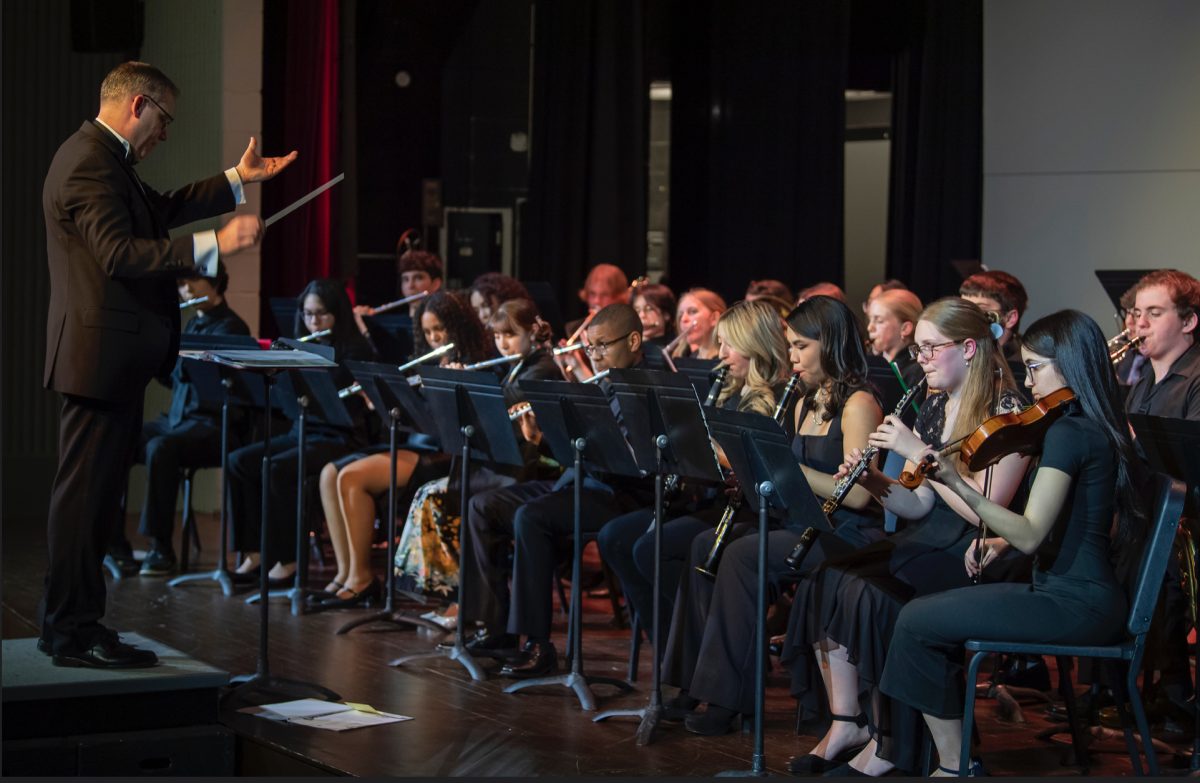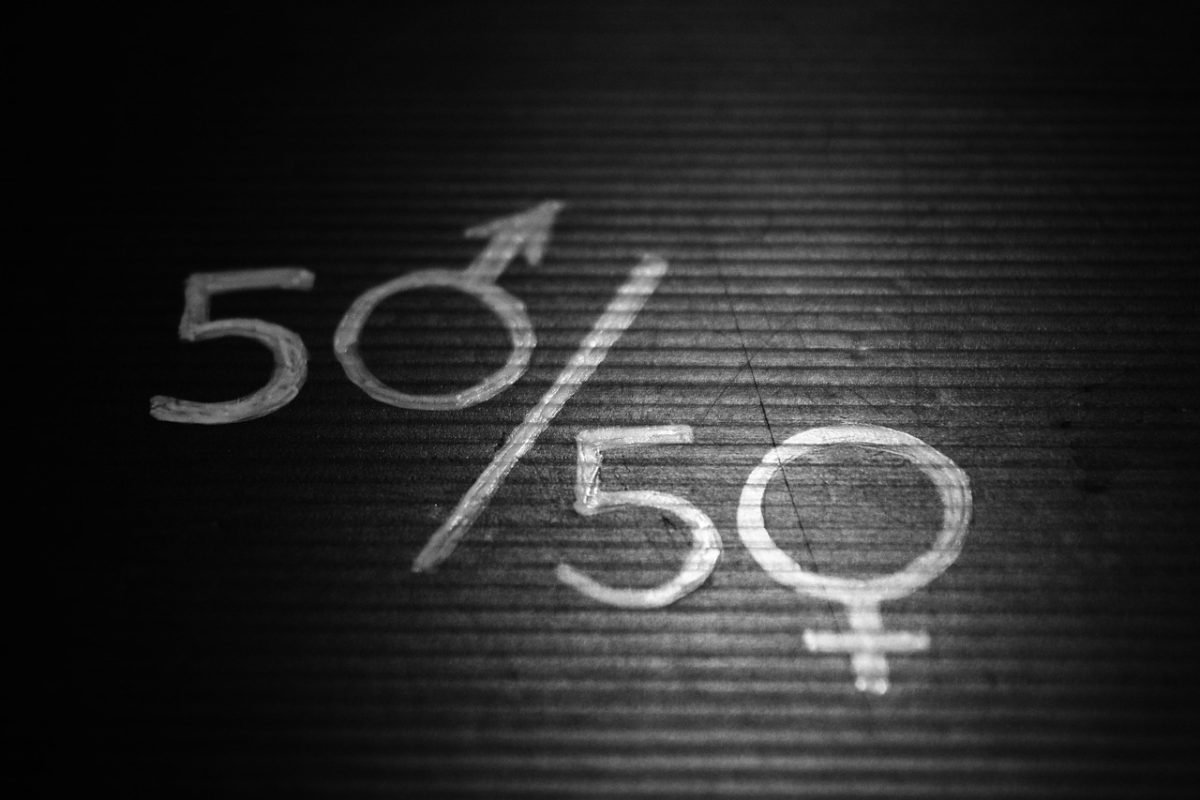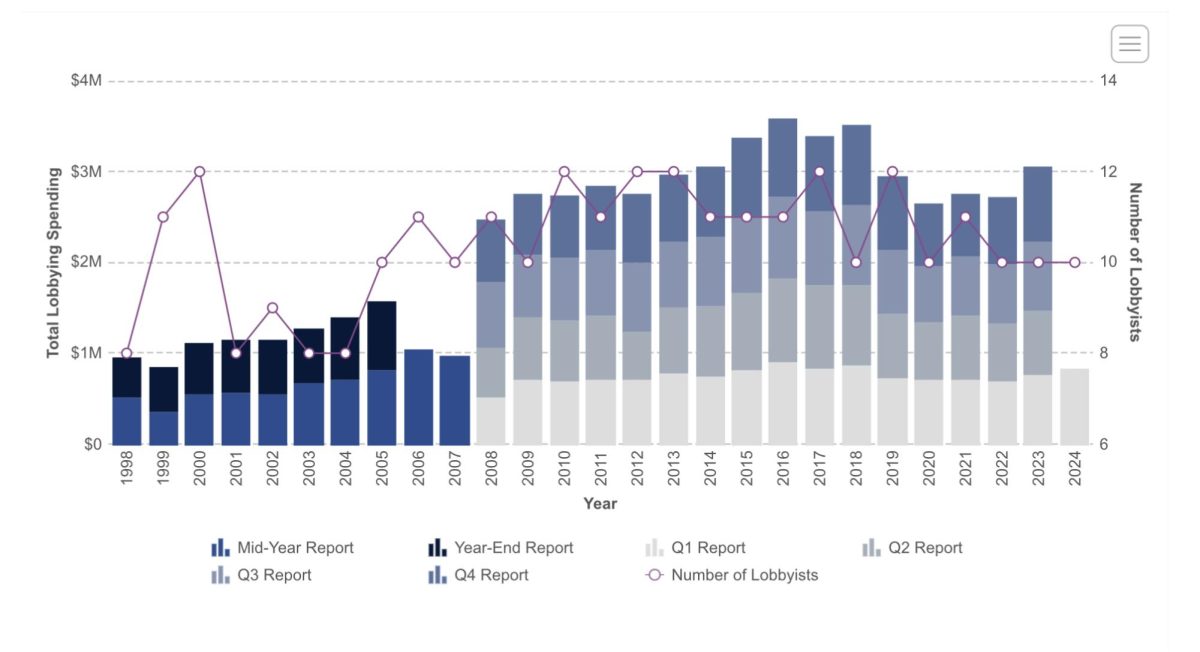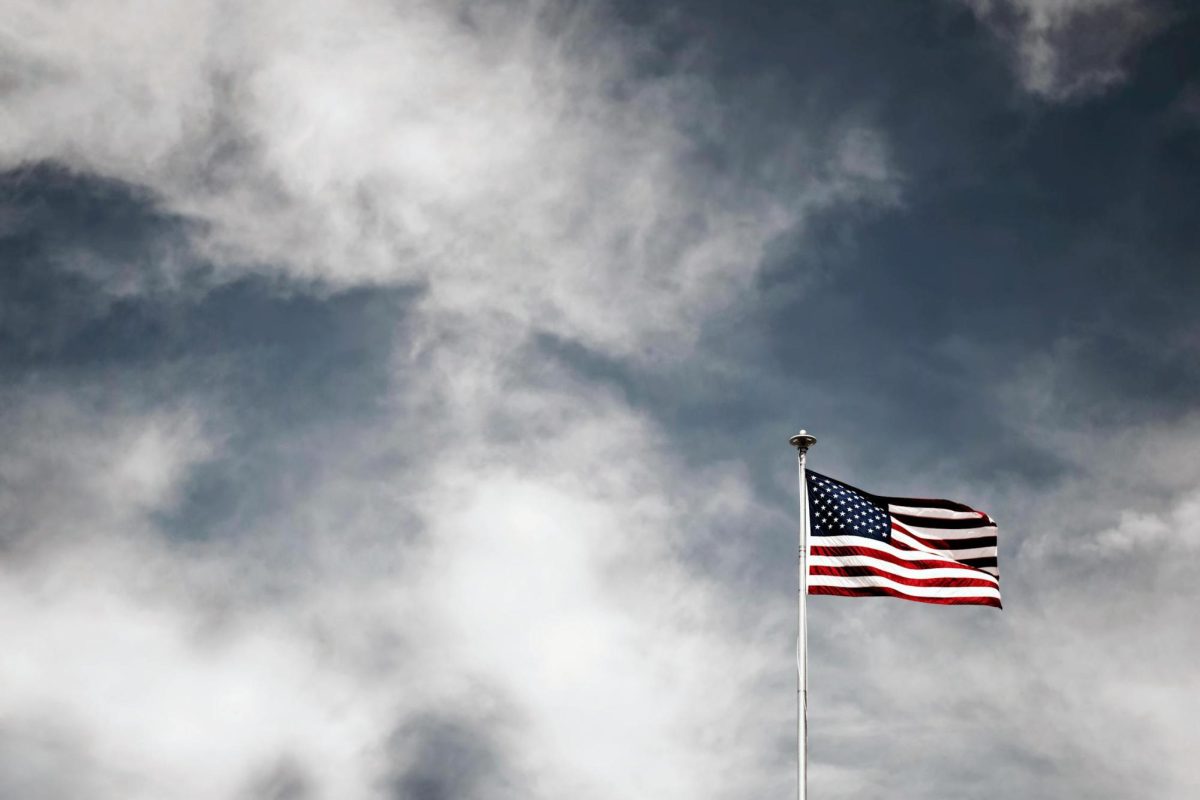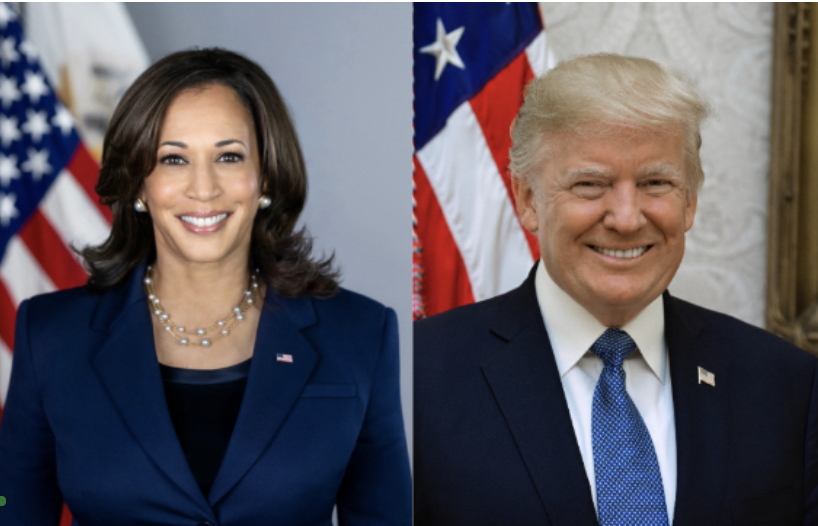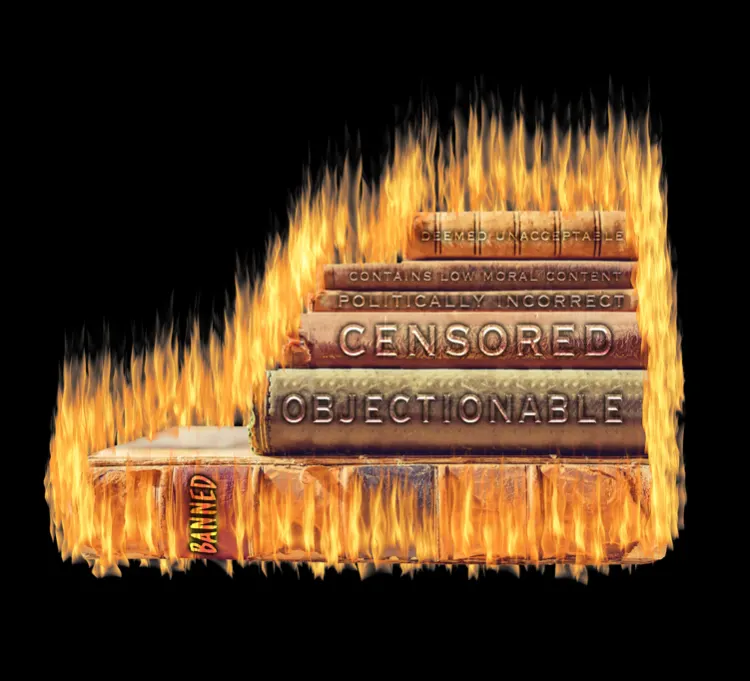The introduction of a multitude of federal legislation that, if passed, would create nationwide restrictions on the right to boycott is incredibly concerning. However, the implications of redefining anti-semitism on a national scale poses an even larger, and direct, threat to freedom of speech. The proposed International Holocaust Remembrance Alliance (IHRA) definition of anti-semitism would widen the scope to encompass speech that is critical of the state of Israel, the ongoing apartheid, or military actions in the Gaza strip.
If this bill passes it will require all publicly funded institutions to enforce title VI anti-discrimination policies. This would mean that students engaged in protests, discourse, or simply a social media post could be penalized by their school.
This may appear as another weakly, and infrequently, enforced school policy that would have little impact. However, any institution that fails to enforce title VI could have their federal funding revoked. Additionally, the congressional deposition of multiple ivy league universities demonstrates that it is unlikely for any perceived violations to go unpunished.
The use of the IHRA definition of anti-semitism is often perceived as too broad for enforcement in an education system that should promote discourse and criticism of ideas. It is especially concerning that the writer of the IHRA definition, Kenneth S. Stern, believes that this definition was “never intended to be weaponized to muzzle campus free speech.”
The fact that the progenitor of this definition believes it is being misused by the U.S government is stunning. It raises the question of why would the government purposefully include a definition that paralyzes discussion?
The simple and most obvious answer is lobbying. Pro-Israel lobbying groups, such as AIPAC, have made a concerted effort to sway congress towards legislation that benefits Israel. The support of these lobbying groups comes with many strings, as congresspeople often see funding revoked when they vote out of alignment with Israeli interests.
Source for photo above: open secrets.org
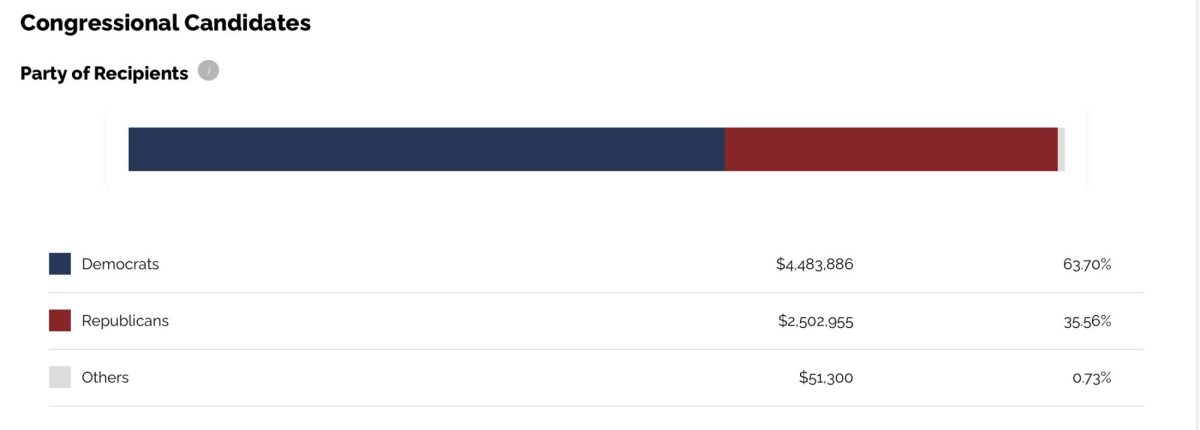

The more than doubling of fiscal investment is represented by the proposal of radical legislation, such as H.R.8321. This law would require student protestors, who are deemed to be unlawfully protesting, to provide community service in Gaza. This radical bill demonstrates the threat to freedom of speech should be of great import to all people, but especially students. Not only would this represent an immediate threat to the health of young students, as was demonstrated by the recent deaths of humanitarian workers due to an Israeli airstrike, it is worsened by the proposed redefining of anti-semetism. The redefining would make it possible for any pro-palestinian student protestor to be arrested and sent to Gaza for community service. This legislation, if passed, could become a slippery slope, threatening any person who wishes to express their opinion.
Additionally, organizations like Students for Justice in Palestine(SJP) are being targeted by state legislatures. The predominant example is Ron Desantis’ decision to ban SJP from existing on Florida campuses, although it has yet to go into effect.
Similarly, the 40 current state anti-boycott laws directly restrict the ability for private contractors and state organizations from boycotting Israel. These laws represent the growing restrictions on freedom of speech, and underscore the need for action. This multitude of restrictions placed on freedom of speech begs the question, when do you draw a line? Has it been crossed already?









